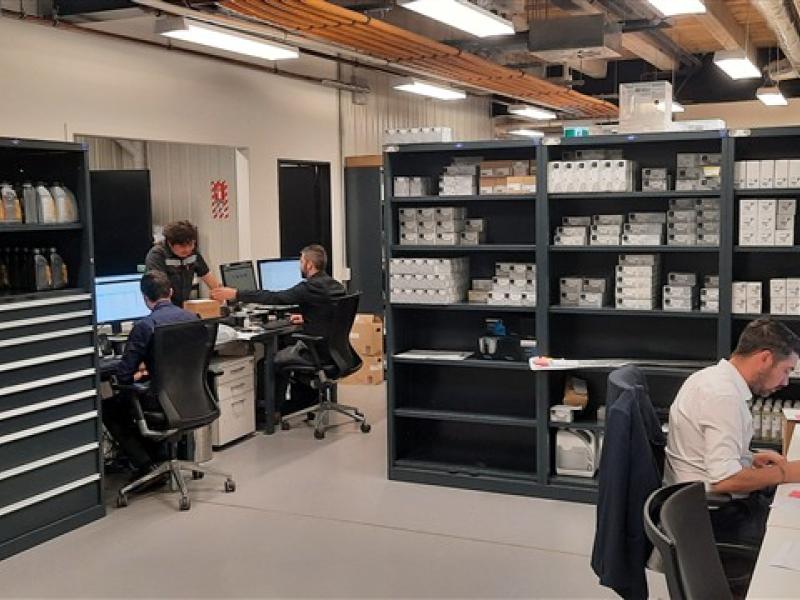Automotive sector organisations are united in calling on Tertiary Education and Skills Minister Penny Simmonds to restore automotive training to the industry.
A taskforce of 20 automotive industry organisations, led by the Motor Trade Association (MTA), has given the Minister a blueprint of the future of automotive training, in a post-Te Pūkenga world.
MTA Head of Advocacy James McDowall says a submission from the group, in response to the proposed changes to the Vocational Education and Training System, is clear and unequivocal.
“The current Motor Industry Training Organisation (MITO) must be transitioned into an industry-led, industry-owned entity,” Dr McDowall says.
“Only then can learners get the right training and career pathways, businesses get skilled and trained new staff, and all New Zealanders get a robust, efficient and future-facing automotive sector.
“At the end of the day if we don’t have enough Kiwis joining the industry it affects everyone – longer waits for repairs, maintenance and service, or businesses forced into closure because of the staff shortage.”
The automotive industry is undergoing a significant lack of workers, and skilled migrants have been brought in many cases to plug the gaps.
“Our members tell us regularly they would prefer to hire local, and give young Kiwis a chance,” Dr McDowall says.
“The current system is convoluted and difficult to navigate, doesn’t always provide enough practical experience for new technology, and puts a financial burden on employers hiring apprentices.”
The group’s calls include:
• Industry-owned MITO: Transition the current MITO into an industry-owned and led entity, ensuring training programmes are more responsive to industry needs.
• Work-based learning focus: Advocate for work-based learning as the preferred training method for the automotive industry.
• Industry-led standards: Empower the industry to set its own training standards, ensuring they remain relevant and up to date.
• Increased funding for employers: Request increased financial support for employers who train apprentices.
• Centres of excellence: Establish a network of well-equipped Centres of Excellence to deliver off-job training.
• Streamlined programme development: Advocate for a more efficient process for developing and updating training programmes.
“We appreciate that the Minister has faced a massive undertaking in unwinding Te Pūkenga,” Dr McDowall says.
“But in the case of the automotive sector the way forward is clear. MITO made a substantial financial return to Government, which can be restored at the same time as building a better model.”






